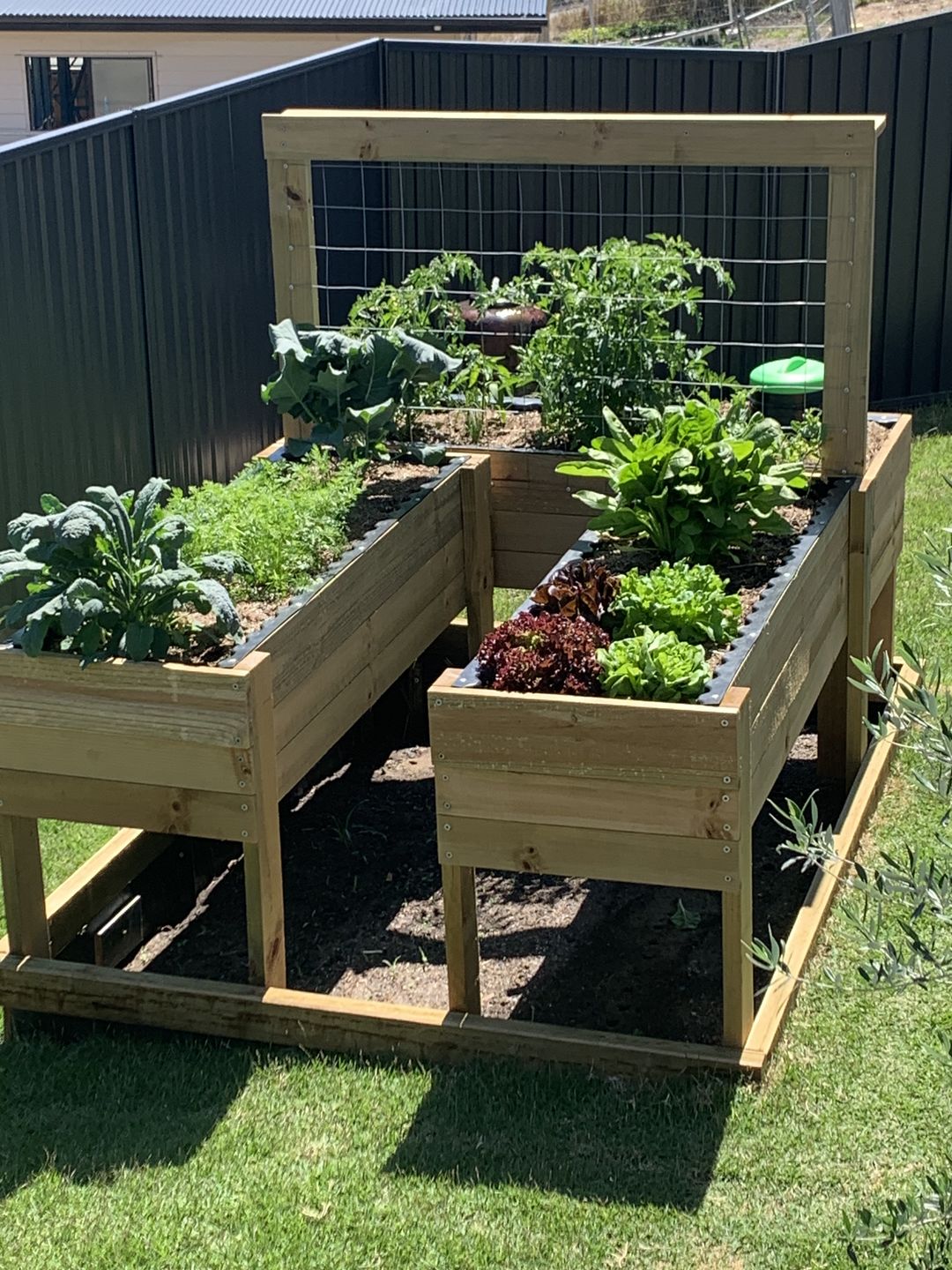Why Raised Garden Beds?
Raised garden beds offer numerous benefits, such as improved soil quality, better drainage, and easier access for planting and harvesting. However, to get the most out of your raised beds, it's important to avoid common pitfalls. Let’s dive into some common mistakes and how to steer clear of them.
Common Mistakes to Avoid
1. Choosing the Wrong LocationOne of the biggest mistakes is placing your raised garden bed in an unsuitable location. Plants need plenty of sunlight to thrive, so choosing a spot that doesn’t get enough light can lead to poor growth.
- Tip: Ensure your garden bed is in a location that gets at least 6-8 hours of direct sunlight each day.
The soil you use in your raised garden bed is crucial for plant health. Using poor-quality or unsuitable soil can result in nutrient deficiencies and poor plant growth.
- Tip: Use a high-quality soil mix rich in organic matter. A combination of topsoil, compost, and well-rotted manure works well.
Watering is key to maintaining a healthy garden, but both overwatering and underwatering can harm your plants. Raised beds drain better than traditional gardens, which means they can dry out faster.
- Tip: Check soil moisture regularly and water deeply. Avoid watering too frequently, which can lead to waterlogged roots.
Improper drainage can lead to waterlogged soil, which suffocates plant roots and promotes root rot.
- Tip: Ensure your raised garden bed has proper drainage. If necessary, add drainage channeling or a layer of gravel at the bottom.
Overcrowding plants can lead to competition for nutrients, water, and light, resulting in stunted growth and lower yields.
- Tip: Follow recommended spacing guidelines for each plant type. This ensures each plant has enough room to grow and access resources.
Planting the same crops in the same spot year after year can deplete soil nutrients and increase the risk of pests and diseases.
- Tip: Practice crop rotation by changing the location of plant families each season. This helps maintain soil fertility and reduces pest problems.
Mulching helps retain moisture, suppress weeds, and regulate soil temperature. Skipping this step can lead to more frequent watering and increased weed growth.
- Tip: Apply a layer of organic mulch, such as straw or wood chips, to your garden bed. Replenish the mulch as needed.
Even with good soil, plants can exhaust the available nutrients over time. Neglecting to fertilise can result in nutrient deficiencies and poor plant health.
- Tip: Use organic fertilisers, like compost or seaweed extract, regularly to replenish soil nutrients. Follow the recommended application rates.
Additional Gardening Tips
To ensure your raised garden bed thrives, keep these additional tips in mind:
- Regular Monitoring: Check your garden regularly for signs of pests, diseases, and nutrient deficiencies. Early detection allows for prompt action.
- Weed Control: Keep your garden bed weed-free by removing weeds promptly and using mulch to suppress new growth.
- Seasonal Care: Adjust your gardening practices according to the season. For example, water more frequently during hot weather and protect your garden bed from frost during winter.
Common FAQs About Raised Garden Beds
Q: How often should I water my raised garden bed?
A: Watering frequency depends on the weather and plant needs. Generally, raised beds need more frequent watering than in-ground gardens. Check soil moisture regularly and water deeply.
Q: What type of soil is best for raised garden beds?
A: A high-quality soil mix rich in organic matter is best. A combination of topsoil, compost, and well-rotted manure provides the necessary nutrients and drainage.
Q: How can I prevent pests in my raised garden bed?
A: Regularly inspect your plants and use natural pest control methods. Introducing beneficial insects, using organic sprays like neem oil, and practicing crop rotation can help reduce pest problems.





Share and get 15% off!
Simply share this product on one of the following social networks and you will unlock 15% off!